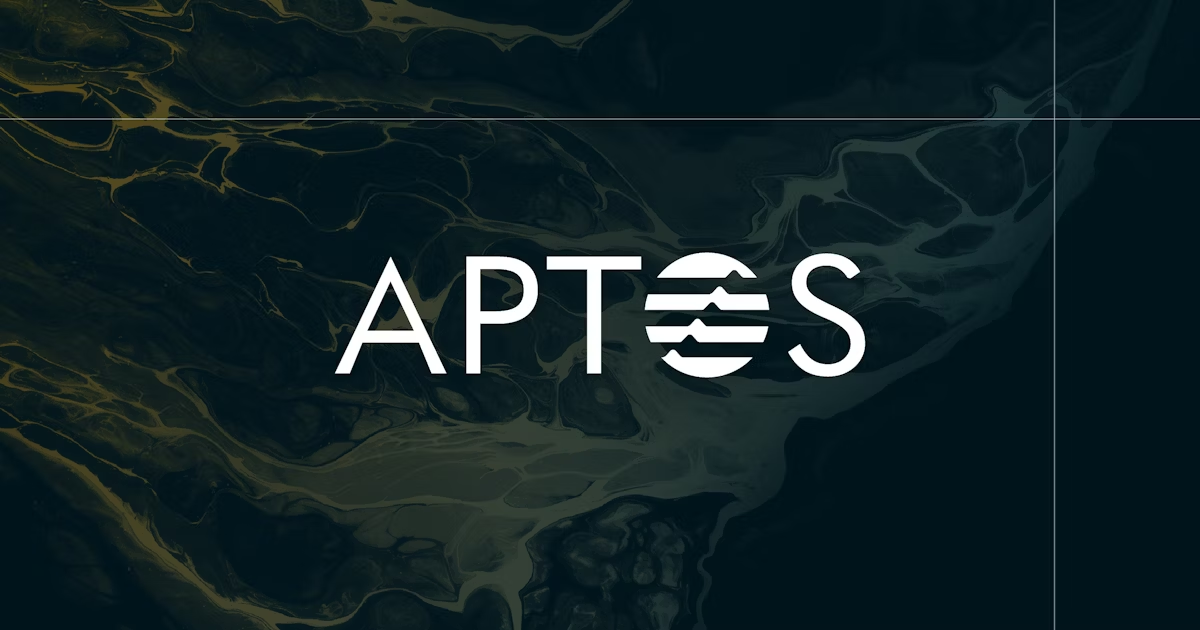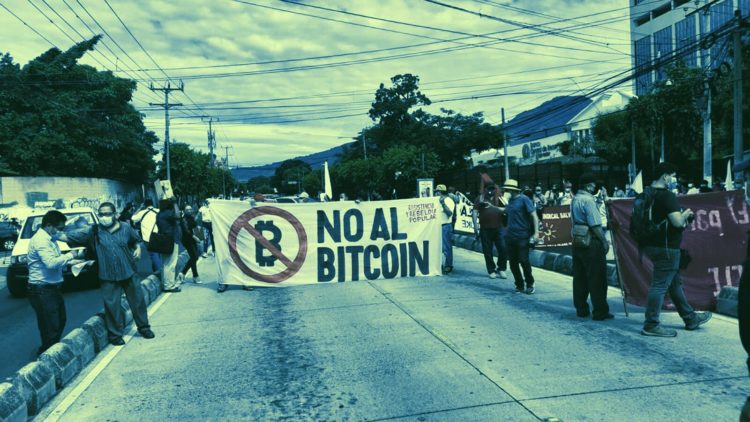- A new report shows that Salvadorans are not as interested in BTC for payments as media reports have touted, with most ditching the Chivo wallet after getting the free BTC.
- The report found that there was no growth in BTC users in the first quarter of the year while finding that only a few educated, banked and young people have used it consistently.
Making Bitcoin legal tender was a bold move, even for the El Salvador President Nayib Bukele, an eccentric young leader who attracts fans and critics in their hordes. But as a new report now shows, the bold move hasn’t panned out and Salvadorans are not as eager to make payments in BTC as their leader has portrayed.
The report, titled “Are Cryptocurrencies Currencies? Bitcoin as Legal Tender in El Salvador,” looked at how the Bitcoin Law has affected the payments and financial landscape in the Central American country since it took effect last year.
Related: The inglorious Bitcoin experiment- here’s why El Salvador’s BTC punt has been a failure
The results aren’t rosy, with researchers finding that 6 out of 10 only downloaded the state-run Chivo BTC wallet for the free BTC from President Bukele. Upon downloading the wallet, users would get $30 worth of BTC to induct them into the world of BTC, a move which the president believed would incentivize them to pay through BTC. However, only 4 out of 10 citizens continued to use the wallet after getting the free BTC.
“In fact, 40% of all downloads happened in September 2021, and virtually no downloads have taken place in 2022. The main driver of adoption is reported to be the $30 bonus offered by the government, equivalent to 0.7% of annual income per capita,” the report says.
The US National Bureau of Research, which conducted the research, further found that of the 40 percent that kept the Chivo wallet, only 2 in 10 have used it actively to pay taxes or for day-to-day payments. And even for this 20 percent, only 1 in 10 says they have used less cash and/or debit cards as a result.
The Chivo wallet has remained a preserve of the young, educated, banked, and male Salvadorans. This goes against the entire reason it was launched, which was for financial inclusion. The very people who are using Chivo are those who could afford the legacy systems.
The researchers added:
The most important reason not to download the app, conditional on knowing about it, is that users prefer to use cash, which was followed by trust issues—respondents did not trust the system or bitcoin itself.
Chivo has also failed as a channel for remittances, with the report saying “we do not find evidence of Chivo Wallet being used to pay for taxes or to send remittances at a significant scale.” This was yet another key reason behind President Bukele’s BTC move.
Related: Buying Bitcoin on the bed, naked and other confusing pieces of the El Salvador Bitcoin narrative
Credit: Source link












































































































































